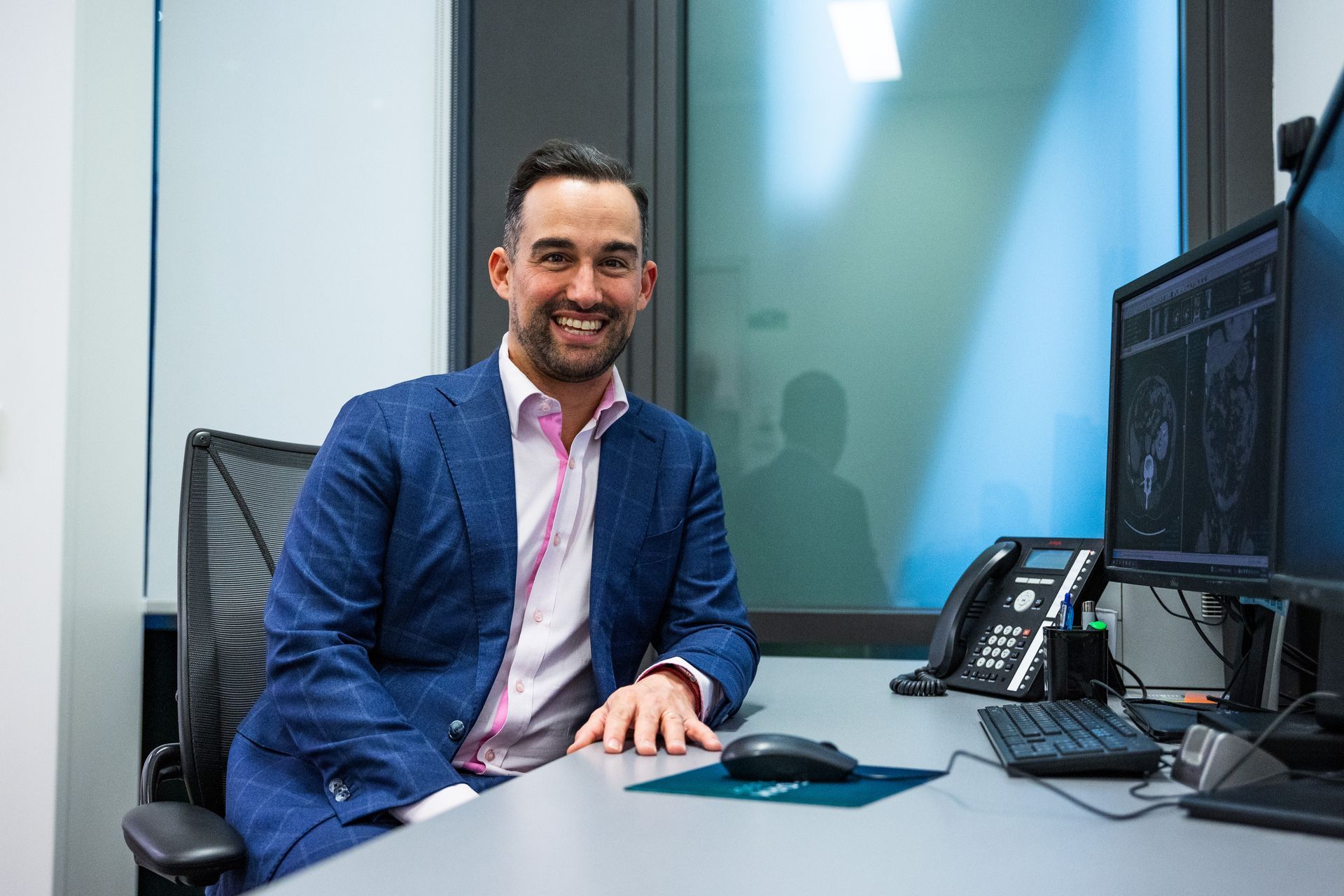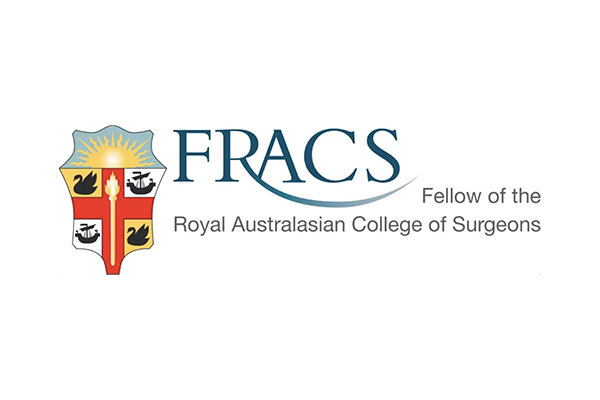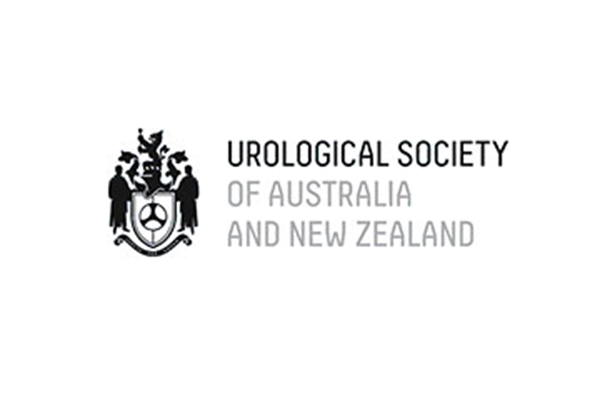Prostate Cancer
Each year around 3000 men are diagnosed with prostate cancer in New Zealand. It is most common over the age of 65. This page contains links to our patient information series which contain information about our procedures and treatments.
What is the prostate?
The prostate gland is part of the male reproductive system. It is walnut-sized and located just below the bladder and surrounds the urethra, the tube through which urine flows from the bladder and out through the penis.
The prostate gland contributes to the seminal fluid produced during ejaculation. Prostate fluid helps to nourish the sperm so plays an important role in fertility.
Screening and diagnosis
Prostate cancer frequently does not produce any symptoms in the early stages of the disease. Symptoms are often similar to non-cancerous prostate conditions, such as benign prostatic hyperplasia (BPH) or prostatitis (infection in the prostate).
Your GP may perform a PSA blood test (which can be an indicator of abnormalities in the prostate gland) and digital rectal examination (checking the size, shape and hardness of the prostate with a finger) as a screening test for prostate cancer.
If these are unusual, you may be referred to Urology Associates for further investigations. These investigations may include:
Management and treatment
Not all patients diagnosed with prostate cancer will need active treatment for their cancer. Men with low grade prostate cancer may be offered an active surveillance or watch and wait programme, where the cancer is monitored closely through regular PSA tests and/or biopsies.
Your urologist will discuss treatment options for you to consider. These may include active surveillance, surgery (open or robotic), radiation treatment (brachytherapy or external beam), hormone therapy or a combination of these.
You can read more about each of the treatments below:
Post-treatment monitoring
After having treatment, or when your urologist determines your prostate cancer is low risk, you may be placed on our stable cancer database. This is where you will be sent forms to have a blood test every 12 months. Your results will be reviewed by a urologist.
If there are any changes you may be asked to come back in for a consultation, otherwise you will be sent a letter to let you know the results are still stable.
There is a small annual fee for the administration of this service.
Meet the team
Our team of specialists combine to deliver excellence in urology healthcare. We offer the greatest breadth of urological expertise of any urology practice in New Zealand. As well as caring for the urological problems of men such as prostate cancer and sexual dysfunction, we also offer comprehensive treatment of female urology and pelvic health as well as the care of children.










